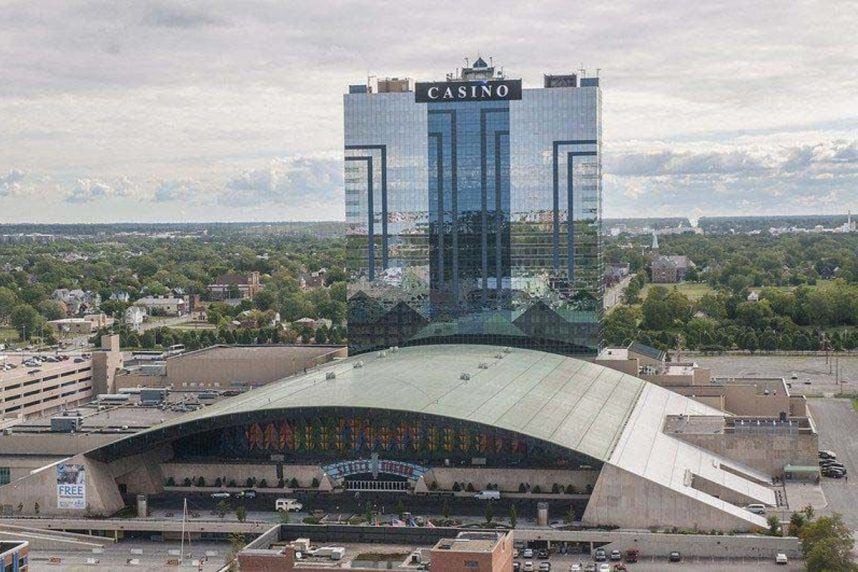Published: August 17, 2023, 08:01h.
Last updated: August 17, 2023, 08:01h.
Talks of a potential casino in Rochester, New York as part of an updated gaming agreement between the Seneca Nation and the state have reportedly come to an end. The two parties are currently working on a revised revenue-sharing deal for tribal gaming.

Earlier this year, there were rumors that a Rochester casino would be included in the Seneca Nation’s new Class III compact. However, no concrete details about the proposed agreement have been released.
Under the current compact, the Seneca Nation gives 25% of its slot machine revenue to the state. This new agreement would have seen the slot tax reduced to 19.5%, and the tribe would have been allowed to open a fourth casino in Rochester.
The exclusion of Rochester from the negotiations drew criticism from local officials and residents who felt disrespected by the decision.
Rochester Mayor Malik Evans (D) expressed his dissatisfaction, stating, “How dare someone think they can do something in the city of Rochester and not contact the mayor. It’s an issue of disrespect.”
The Seneca Nation attributed the lack of communication to the state’s negotiators, claiming that they were responsible for involving local officials.
Seneca Nation President Rickey Armstrong Sr. said, “The blame for keeping Rochester officials out of the loop lays directly at the feet of the executive. The Nation regularly consulted our own legislative branch, and expected that the executive was doing the same.”
The controversy surrounding the casino deal led to the New York Assembly’s refusal to authorize Governor Kathy Hochul to sign the agreement in principle.
Renegotiating the Compact
The current Seneca Nation compact is set to expire in December, but it allows for the revenue-sharing agreement to continue if new terms are not reached by the deadline. In the event that no new compact is agreed upon, the tribe will place its 25% slot share into an escrow account.
The Seneca Nation stated that the state has recently presented an unreasonable and unacceptable proposal, deviating from their previous position during the negotiations in June. However, the tribe believes there is still enough time to reach a new deal before the December deadline.


